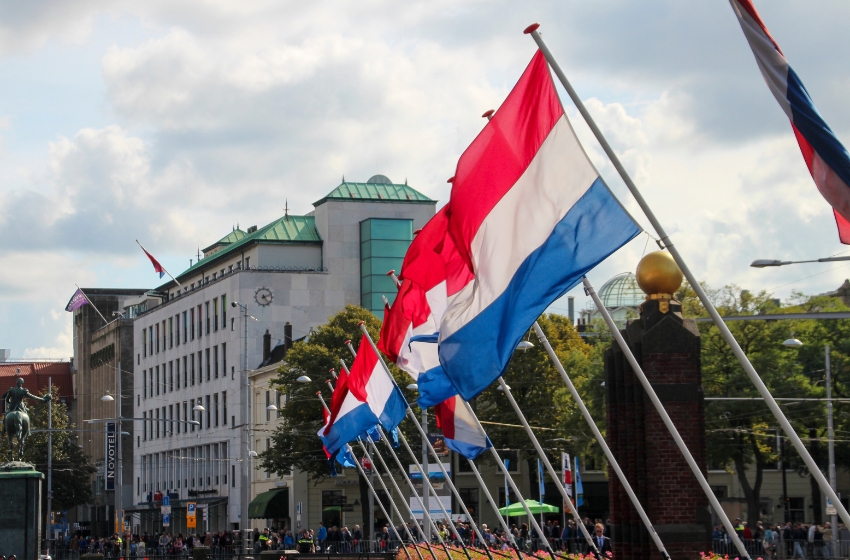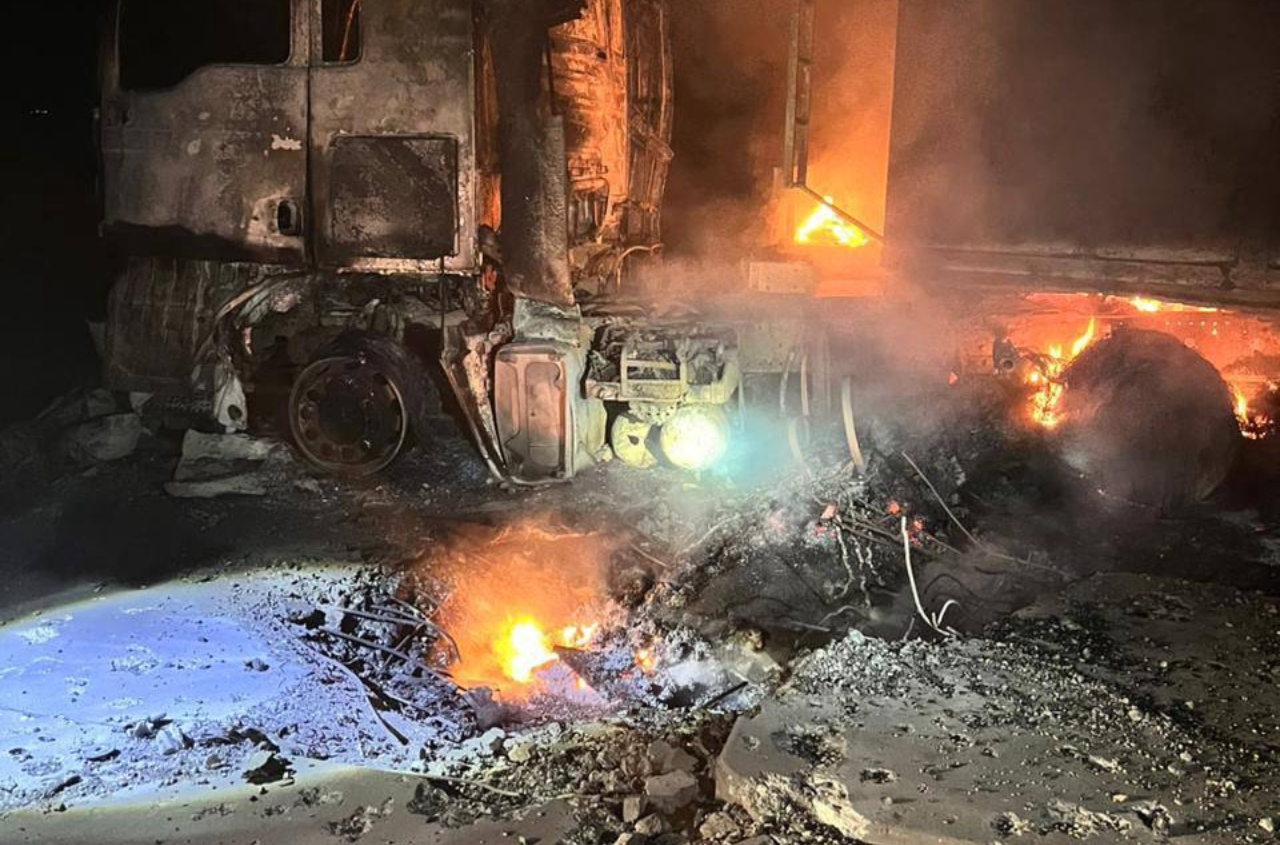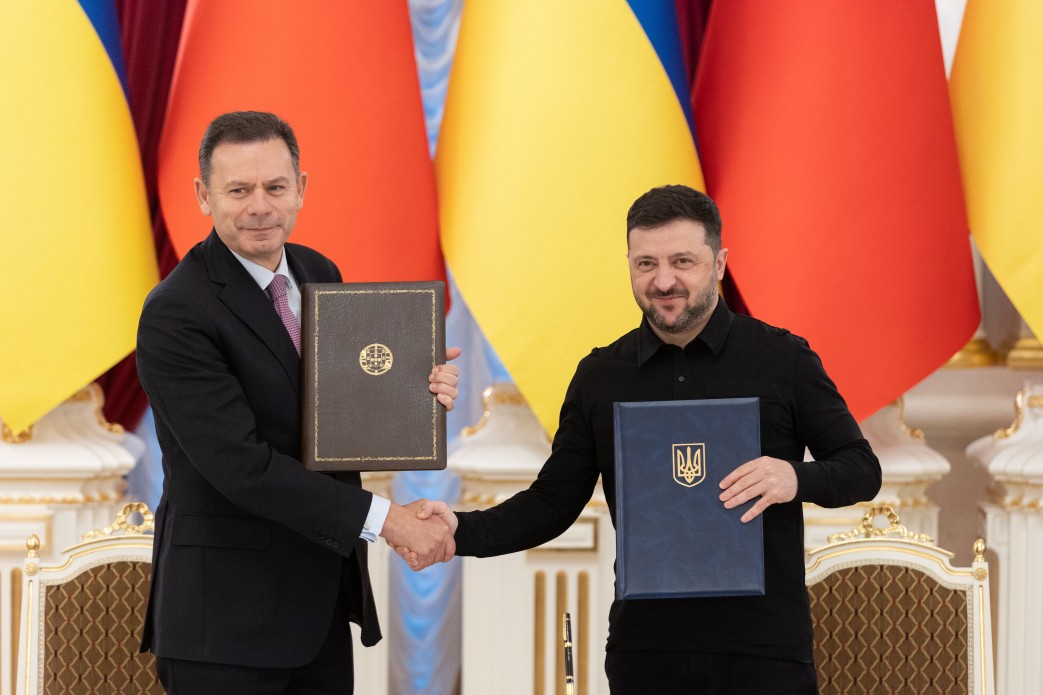Experts in the Netherlands are urging companies and institutions to strengthen their defenses against cyberattacks and hybrid operations potentially carried out by Russia and China.
According to NOS, critical infrastructure such as water systems, airports, and telecommunications networks are particularly attractive targets, while many businesses remain underprepared for such threats.
Former NATO Military Committee Chair (2021–2025) Admiral Rob Bauer emphasized that cyber and hybrid attacks in the Netherlands are a daily reality, even if many go unnoticed or fail. He cited last year’s hacker attack that exposed police data and recent drone incidents over European airports, which may be part of hybrid operations aimed at intimidation and undermining public support for Ukraine.
Leiden University intelligence expert Willemien Ardts noted that major companies like Dutch Railways (NS) and microchip manufacturer ASML have strong security systems, prompting hackers to target their suppliers instead.
“This could be a raw material provider or even a catering company. It may sound odd, but through such contractors, attackers can gain system access. This issue must be strictly controlled in critical sectors,” Ardts said.
Experts stress that businesses must recognize security as a top priority. Small companies are the most vulnerable, often focused on profit rather than crisis readiness.
Former Dutch intelligence officer Erik Schouten described this as a “disease of prosperity.”
“We’re used to thinking things will somehow work out, but we don’t realize that the situation is truly different now. We no longer live in a world where security is guaranteed,” he said.
According to Schouten, companies that do not see themselves as critical often neglect cybersecurity altogether.
Experts are calling on Dutch businesses—especially small and medium-sized suppliers—to strengthen cyber defenses and remain vigilant to potential threats. They warn that modern hybrid attacks may go unnoticed but can still cause significant harm to national security and the economy.




















